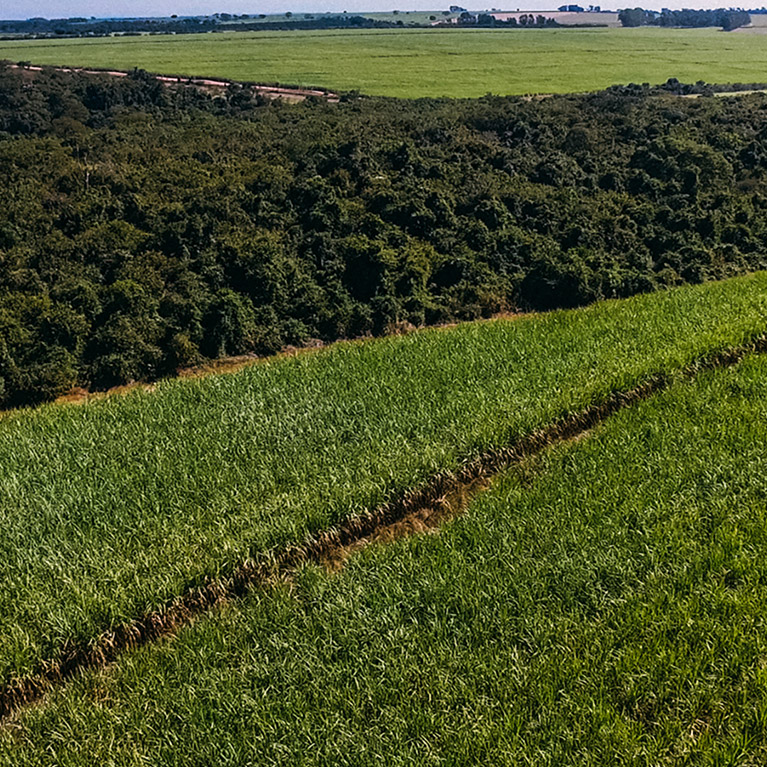MYTHS AND FACTS
After the end of sugarcane burning practices, all manual cutters became unemployed.
Myth
The mechanization process started in 2007, after the voluntary signing of the Green Ethanol Protocol in São Paulo. Even though it displaced sugarcane cutters, this process created an intense requalifying program, upskilling and retraining 23 thousand employees to occupy new posts.
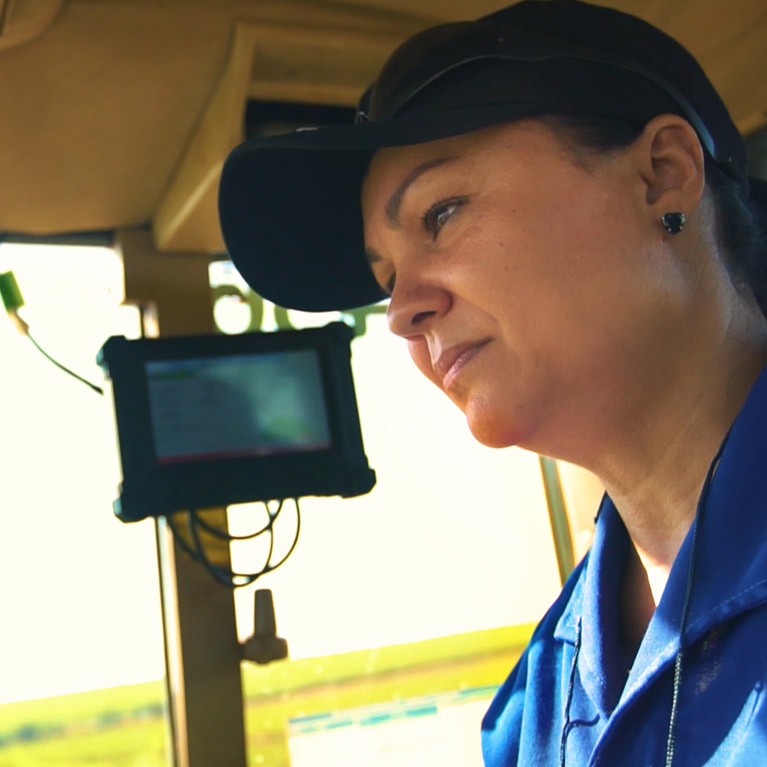
Sugarcane salaries are among the highest in agribusiness.
Fact
From 2006 to 2016, real income gain in the sugarcane trade reached 35% for industry employees and 60% on average for rural employees. Today, a rural employee can expect to have an average income almost 92% higher than the minimun wage establish by Brazilian legislation.
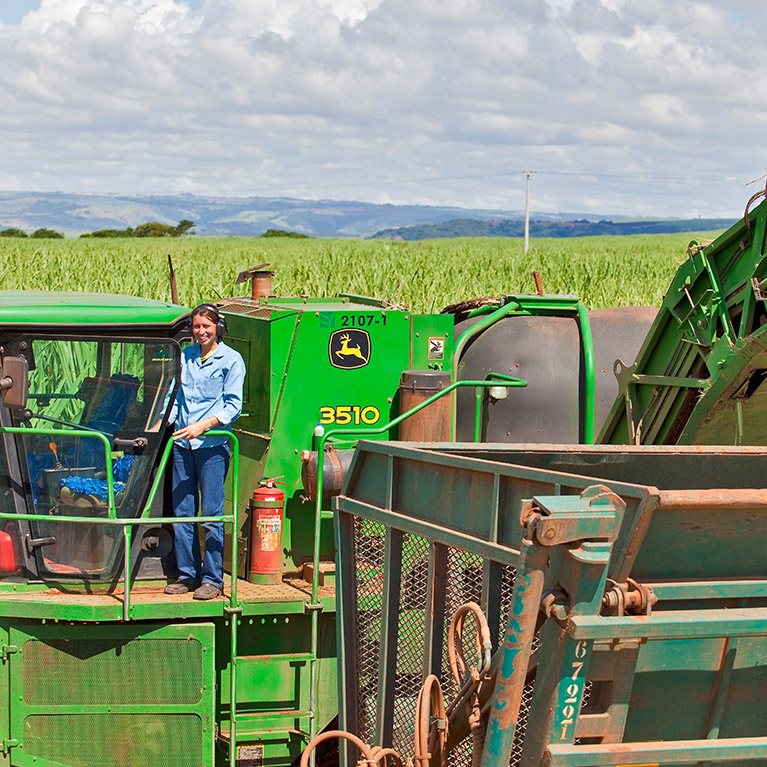
The sugarcane industry follows labor best practices
Fact
For over a decade UNICA and its members have has voluntarily committed to abide by a set of thirty best practices, which are audited by an independent third party.
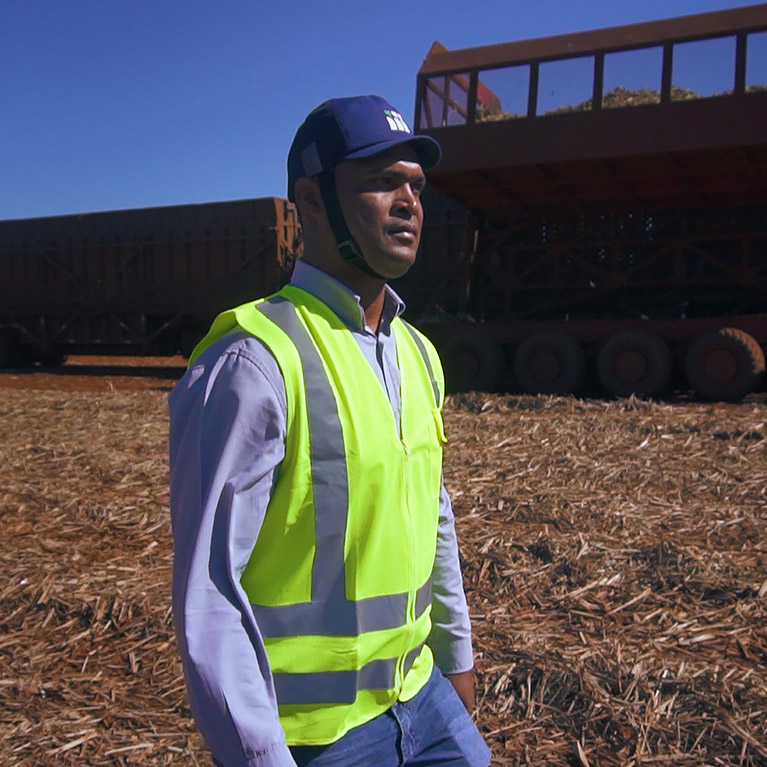
Sugarcane workforce are mostly illiterate.
Myth
The number of illiterate employees dropped from 120,910 in 2000 to 38,876 in 2016. Meanwhile, the number of employees that have studied for 13 years or more has risen from 12,101 to 43,489 in the same period.
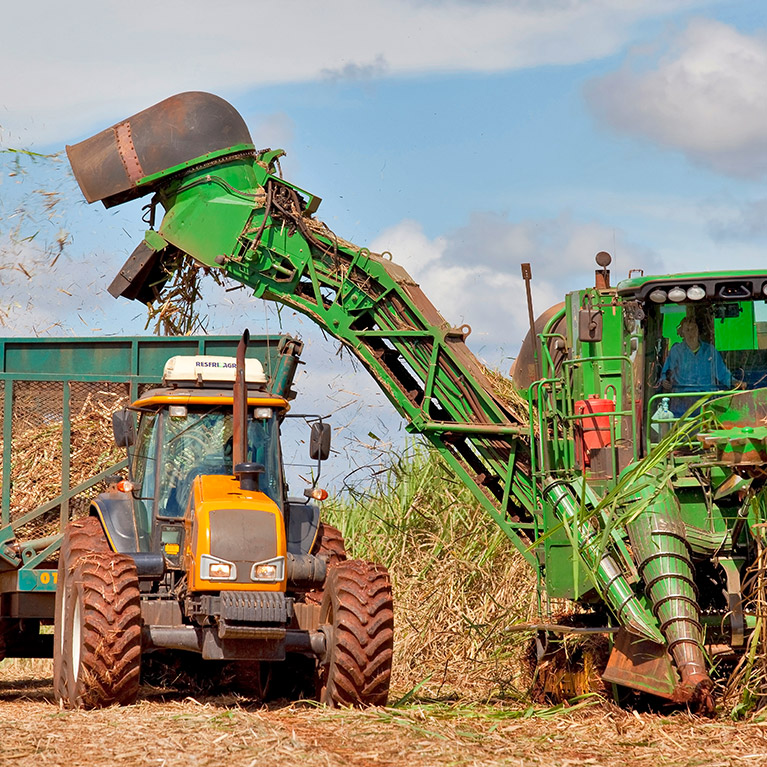
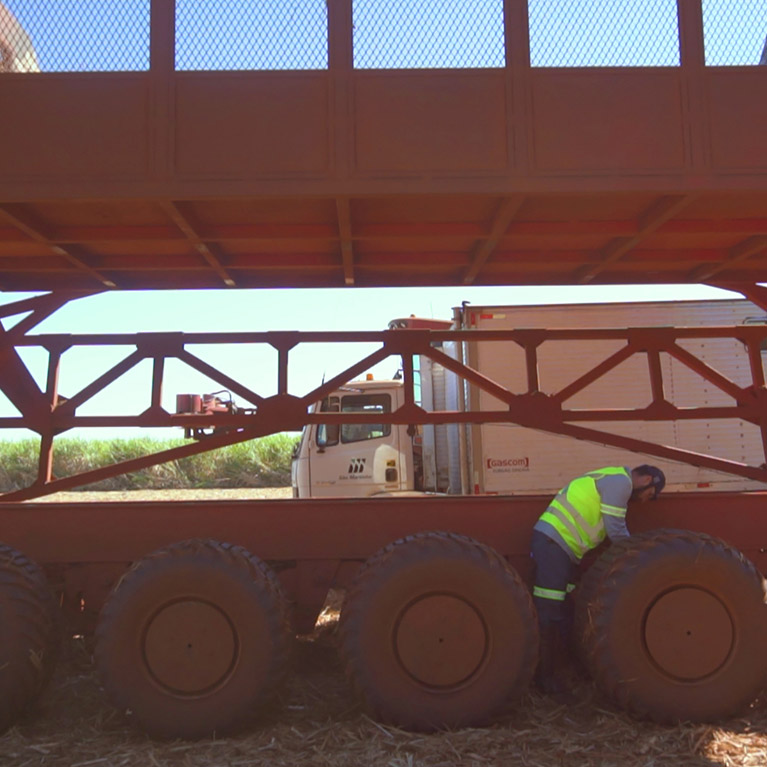
Is sugar responsible for obesity?
Myth
Obesity is a disease that can’t be treated in isolation. Calorie ingestion must be taken seriously, given the severe impacts of consuming excessive sugar, excessive fat and not exercising. That’s why it’s so difficult to isolate one cause for obesity.


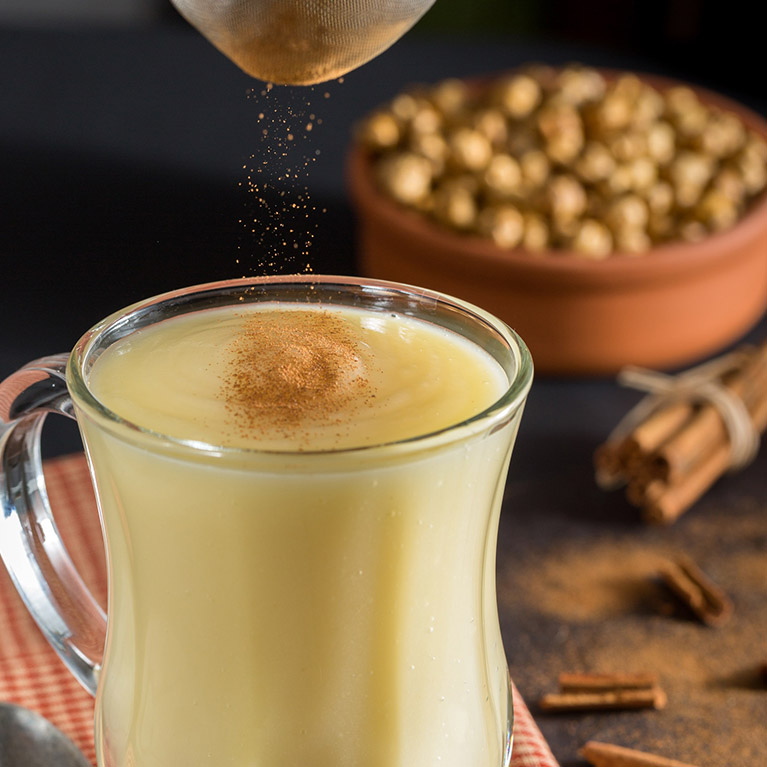

Sugar free products are low in calories.
Myth
Sugar-free does not mean calorie free, particularly in products that contain fat. When sugar is removed from a food, other ingredients need to take its place. Compare product labels to see what the entire nutrient package of a product is when making purchasing decisions.
Can sugar be part of a healthy diet?
Fact
Balanced meals and exercise are key to a healthy life. Sugar, or sucrose, is a carbohydrate found naturally in most fruits and vegetables. The ingredient is the main energy source for the body and brain, and also activates the neurotransmitter serotonin, responsible for pleasant and wellness feelings.



Does Brazilian sugarcane ethanol lead to deforestation in the Amazon Rainforest and other sensitive biomes?
Myth
Almost 92% of sugarcane production for ethanol is harvested in South-Central Brazil, over 2,500 km (1,550 miles) from the Amazon. The remainder is grown in Northeastern Brazil, about the same distance from the Amazon’s easternmost fringe. That is roughly the distance between New York City and Dallas, or Paris and Moscow. Amazon region is in fact not a commercially viable location for producing sugarcane, due to the climactic conditions required for its growth.
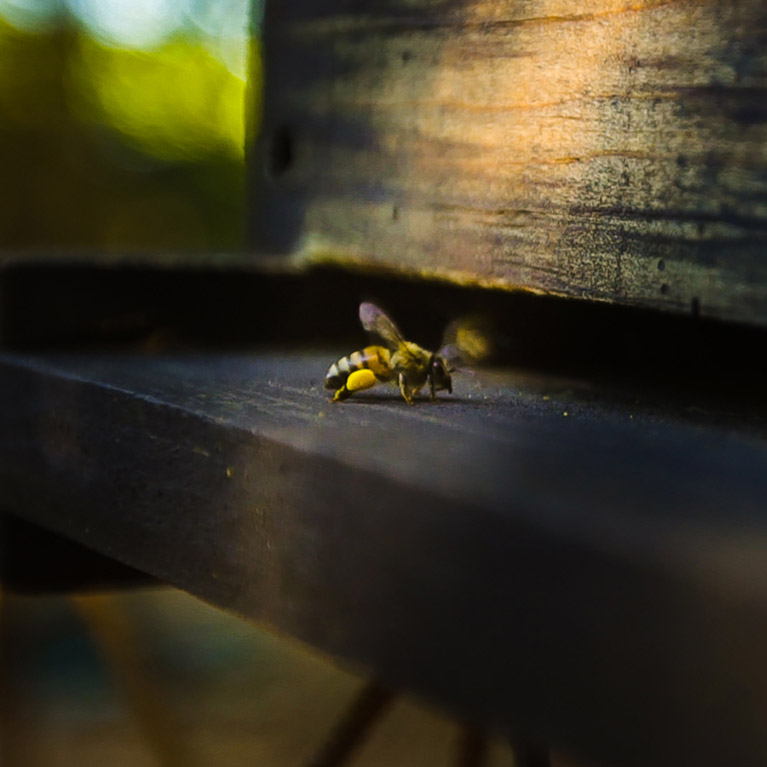
Is sugarcane ethanol the cleanest liquid biofuel?
Fact
First generation sugarcane ethanol can reduce, on average, up to 90% of CO2e when compared to fossil fuels. This is one of the lowest emission reductions achieved by any renewable fuel. Second generation sugarcane ethanol performs ever better, with a carbon footprint 35% lower than regular sugarcane ethanol.
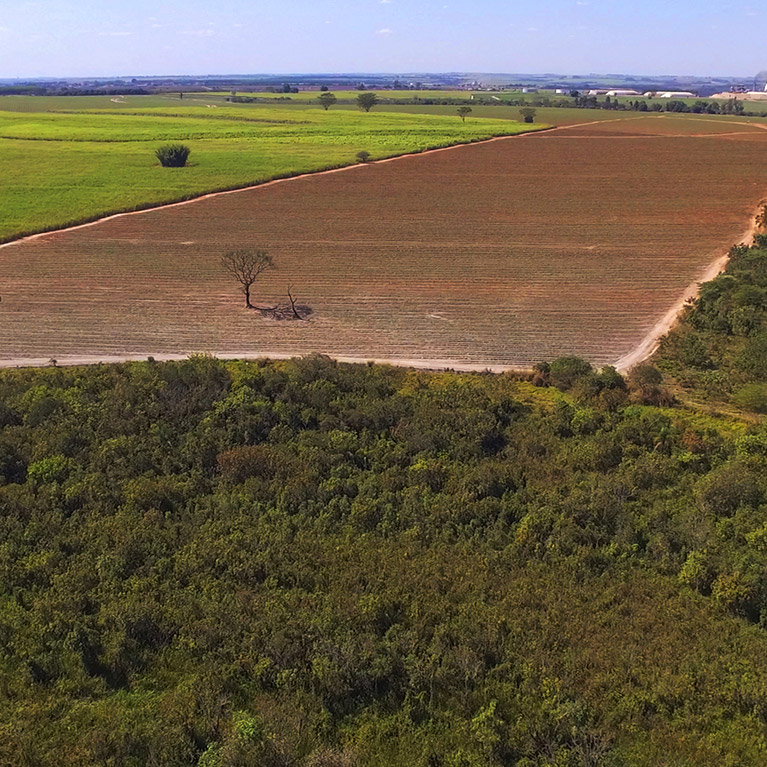
Does fertilizer use in sugarcane production contaminate local water sources?
Myth
Sugarcane cultivation uses vinasse, a by-product resulted from ethanol processing, for fertilization and irrigation. There is a technical standard by the São Paulo State Environmental Agency that guides storage, transport and application of vinasse in order to guarantee safe application, avoiding contamination and maximizing its functionality.
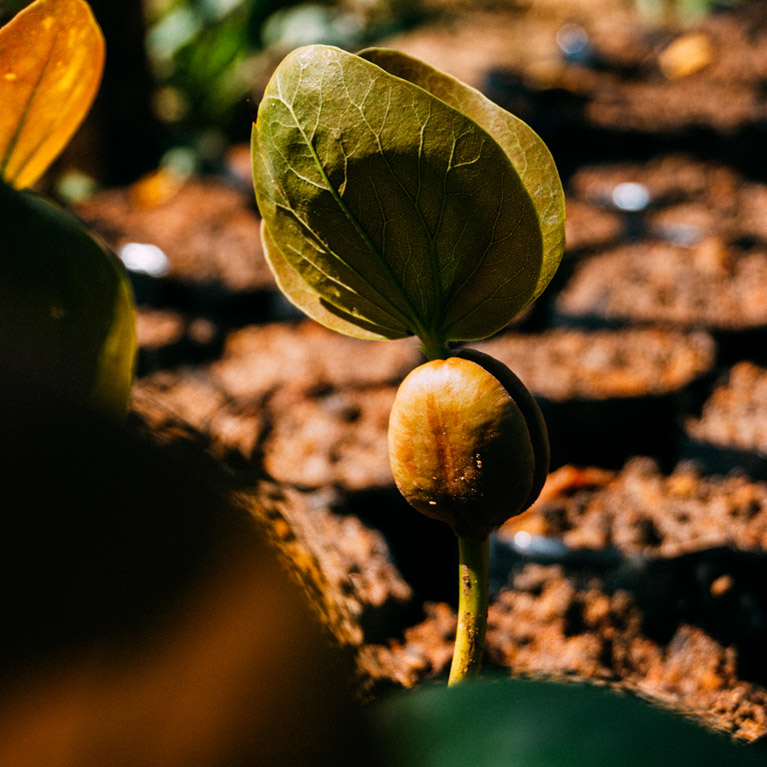
Is Brazilian sugarcane sustainable?
Fact
Brazilian sugarcane industry follows strict labor and environmental standards. Sugarcane production process has improved tremendously over the years, increasing the sustainability of the sector. Most recently Brazil has adopted a national biofuels policy, Renovabio, that deamands zero deforestation. This policy will help place Brazilian sugarcane as one of the most sustainable crops in the world.
